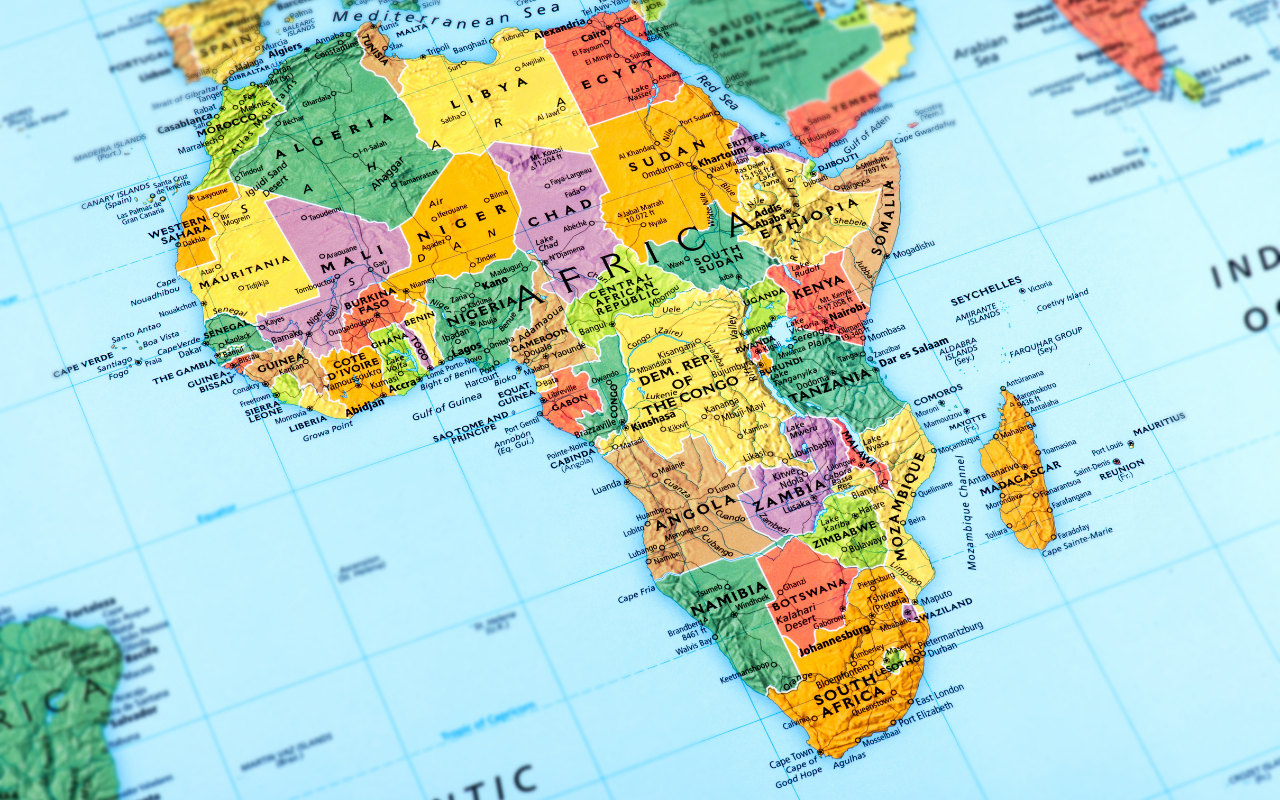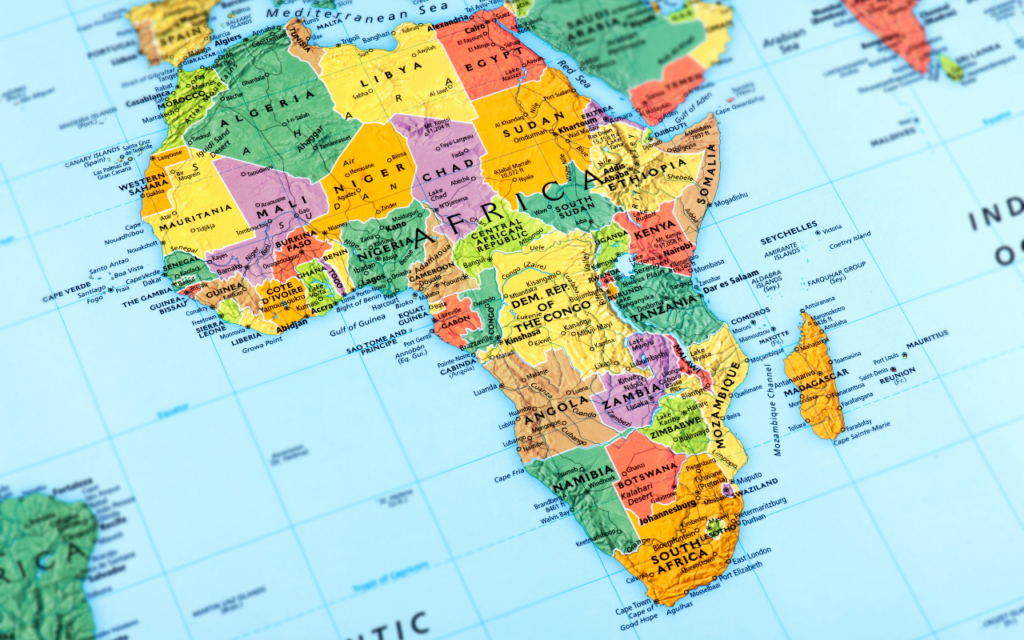
The global shift towards remote work has opened new avenues in hiring, allowing companies to look beyond borders for skilled talent. The rapid adoption of offshore hiring for tech roles has become a strategic priority for businesses seeking high-quality development teams that offer both technical expertise and cost efficiency. Africa, with its fast-evolving tech landscape and diverse talent pool, has emerged as a key destination for remote development talent. The continent’s investments in education, technology infrastructure, and favorable government policies have transformed it into an attractive option for global tech companies. This article explores some of the best African countries to consider for hiring remote development teams in 2025.
Why Consider Africa for Building a Remote Development Team?
As companies evaluate Africa for its tech hiring potential, the benefits are compelling. African nations are home to emerging tech hubs filled with highly skilled developers, while education and training programs continue to expand to meet the growing demand for software, AI, and digital transformation skills. Africa’s competitive cost advantage is also a significant attraction; compared to Western countries, developers in Africa offer exceptional value, allowing businesses to scale their teams without straining their budgets. Additionally, the continent’s favorable time zones align well with Europe, North America, and the Middle East, facilitating seamless collaboration. Combined with strong language skills, particularly in English and French, Africa presents an advantageous blend of accessibility and talent that is becoming harder to find elsewhere.
Key Factors for Choosing a Country in Africa
When deciding on a country to hire remote developers, several critical factors must be considered. First is the availability of skilled professionals. Each African country brings unique technical strengths and offers developers proficient in various programming languages and tech stacks. It’s essential to align a country’s tech skills with the specific needs of your business.
Infrastructure quality is also paramount. Stable internet and reliable power supply are fundamental to a productive remote team. While some African countries still face challenges in these areas, others have made significant strides in developing a robust technological backbone, making them attractive for remote work.
Political stability and ease of doing business are crucial in decision-making as well. Favorable business regulations, low taxation on foreign businesses, and clear legal frameworks can streamline the hiring process and help companies ensure compliance and continuity. Costs also vary across countries, with significant differences in average developer salaries and living expenses. Lastly, cultural compatibility and work ethic are key considerations for building a team that integrates smoothly into an international business environment.
Top African Countries to Hire Remote Development Teams in 2025
Nigeria
Nigeria has emerged as one of Africa’s most dynamic tech hubs, with a vibrant ecosystem and strong programming skills in web and mobile development, artificial intelligence, and data science. The country’s tech talent is largely concentrated in Lagos, a city known for its tech innovation and startup culture. Numerous coding boot camps, tech universities, and events foster a steady flow of skilled developers. The cost of hiring in Nigeria remains highly competitive, with monthly salaries for developers ranging from $500 to $2,000. Despite challenges with infrastructure, particularly regarding electricity, Nigeria’s internet services are improving steadily, making it an attractive destination for companies seeking affordable, skilled remote teams.
Kenya
Nairobi, Kenya’s capital, has earned the nickname “Silicon Savannah” due to its established tech community and well-connected development networks. Kenya is recognized for its expertise in financial technology, mobile solutions, and blockchain technology, with government policies actively supporting tech entrepreneurship and education. Kenyan developers are known for their high English proficiency and professionalism, making communication seamless for international clients. Salaries in Kenya range from $600 to $2,200, reflecting the quality and skill level of the talent pool. Although some foreign companies face regulatory challenges, the government is continuously working to create incentives that ease business operations.
South Africa
South Africa offers a highly developed tech infrastructure, with advanced internet capabilities and a large pool of highly educated professionals specializing in full-stack development, AI, machine learning, and cloud computing. The country’s time zone aligns closely with Europe, making collaboration effortless. South Africa’s developer salaries are higher than those in other African countries, averaging between $1,500 and $3,000, but the expertise and work culture are highly competitive on a global scale. While regulatory considerations for hiring foreign businesses can be complex, they are often offset by business-friendly policies and a stable legal environment.
Egypt
Egypt’s IT sector has seen substantial growth in recent years, with strong government backing for digital transformation. Egyptian developers are skilled in software engineering, AI, and mobile app development, making them ideal for a range of projects. Egypt offers an affordable hiring landscape, with developer salaries between $500 and $1,800, further aided by a lower cost of living. Language skills in both Arabic and English make Egypt a versatile choice for companies needing cultural compatibility with the Middle East and Western markets. However, businesses should be mindful of regional language barriers and political risk factors, especially outside major urban centers like Cairo.
Ghana
Ghana’s capital, Accra, is emerging as a tech hub, thanks to robust government investment in education and technology. The talent pool is young and rapidly growing, with many developers specializing in web and mobile development, AI, and data science. Ghana offers competitive salaries, typically ranging from $400 to $1,500, and has proactive government policies that create a conducive environment for tech growth. Infrastructure remains an area for improvement, though internet reliability is steadily advancing, making Ghana an appealing choice for companies on a budget that want a highly motivated workforce.
Rwanda
Rwanda is widely recognized as one of Africa’s most tech-friendly nations, with a government-led digital transformation strategy aimed at making Kigali a tech hub. Initiatives like the Rwanda Coding Academy and partnerships with global training organizations have fostered a growing pool of developers with expertise in software development, blockchain, and AI. Rwanda is especially attractive for foreign companies due to its high ease of doing business and favorable tax policies. Developer salaries in Rwanda generally range from $600 to $2,000. While the talent pool is smaller than in larger African nations, Rwanda’s commitment to tech growth and stability makes it an excellent long-term choice for remote team expansion.
Building and Managing a Remote Development Team in Africa
Building and managing a remote development team in Africa requires strategic approaches to recruitment, onboarding, and retention. Partnering with local agencies or talent marketplaces can be invaluable in finding the right candidates, while virtual hiring events provide excellent opportunities to engage with local tech talent.
To set a strong foundation for collaboration, implement effective remote onboarding practices that include cultural awareness training and role-specific instruction. Utilizing performance management tools, establishing clear KPIs, and conducting regular check-ins help keep teams aligned and engaged. Additionally, offering competitive benefits and career development opportunities enhances retention and motivation.
Conclusion
With its fast-growing talent pool, cost advantages, and strategic time zone compatibility, Africa is poised to become a leading destination for remote development teams in 2025. By selecting a country that aligns with their business needs, companies can leverage Africa’s tech potential to build scalable, efficient remote teams. For businesses looking to expand their global footprint, hiring in Africa offers access to an untapped resource of dedicated, skilled developers who are ready to make an impact on the international stage.










